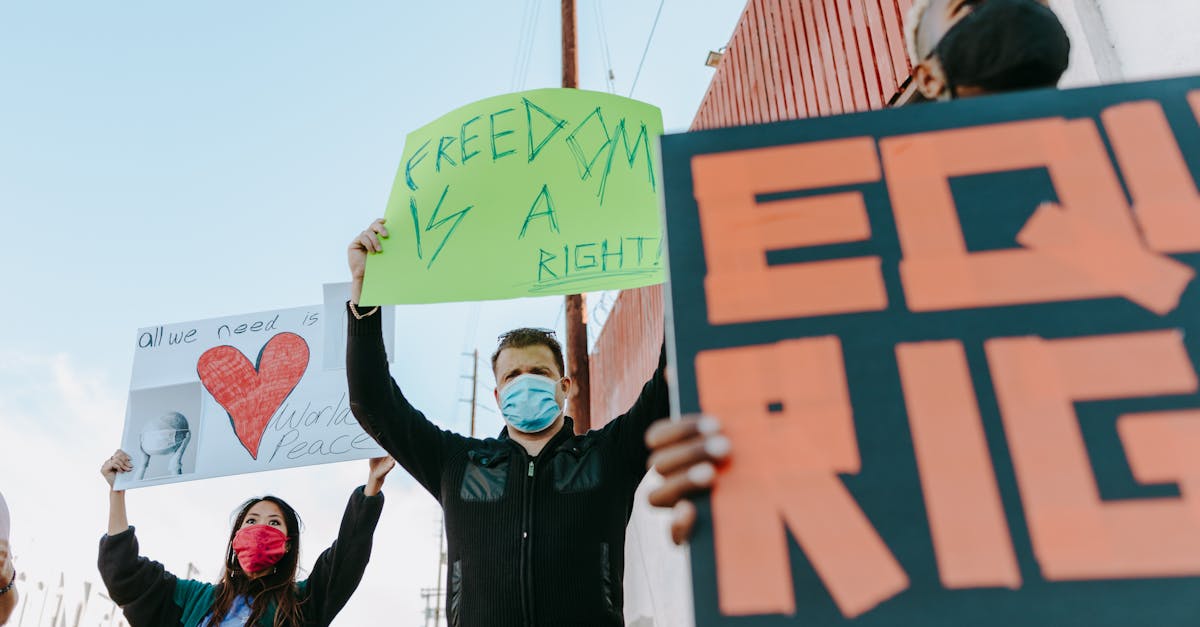
Riot events around the world have recently captured widespread attention, reflecting tensions over immigration enforcement, civil rights, and nationalist protests. This article explores the latest developments in riots linked to immigration actions in Los Angeles and anti-immigration demonstrations in the UK, revealing broader social and political conflicts shaping public unrest.
Immigration-Related Riots and Protests in Los Angeles
Los Angeles has seen a surge in protests and violent clashes following aggressive Immigration and Customs Enforcement (ICE) raids. Recent operations, including one at a Home Depot targeting undocumented immigrants, have sparked allegations of unlawful and discriminatory tactics such as warrantless arrests and deception with mislabeled vehicles. These raids have triggered near-constant vigils and protests near detention centers, where activists monitor prisoner movements and attempt to disrupt detentions, occasionally leading to confrontations and arrests.
The protests began with peaceful demonstrations but escalated into violent episodes involving blocking highways, setting vehicles on fire, and attacks on law enforcement with Molotov cocktails and rocks. Authorities responded with tear gas, flashbangs, and less-lethal projectiles. The unrest prompted the federal government to deploy National Guard troops and Marines to the city, triggering political friction between local leaders and the federal administration. Los Angeles’ mayor and California’s governor have condemned the use of military forces as an escalation exacerbating racial tensions and instability.
Additionally, several U.S. citizens were mistakenly detained during these raids, fueling further distrust and accusations of overreach by immigration authorities. Activist efforts even led to an escape of a detained British national during transfer operations, illustrating the charged atmosphere and high stakes of these confrontations.
Rising Nationalist and Anti-Immigration Movements in the UK
Across the Atlantic, the UK has experienced a wave of anti-immigration protests intertwined with nationalist sentiments. Recent demonstrations involving far-right groups have been met with strong counter-protests, culminating in violent episodes such as an elderly activist being hospitalized after an assault at a rally. Large-scale marches in cities like Manchester and London marked expressions from far-right organizations demanding stricter immigration control and “remigration.”
The social atmosphere remains highly polarized, with protests commonly targeting immigration, economic policies, and other social issues framed within populist narratives. These events contribute to ongoing debates about immigration policy, societal cohesion, and freedom of expression. The UK protests parallel unrest seen globally where migration and identity politics continue to provoke contentious public responses.
Conclusion
Recent riots and protests linked to immigration enforcement and nationalist movements underscore deep social and political fractures on both sides of the Atlantic. In Los Angeles, clashes between federal forces and immigrant communities highlight conflicts over civil rights and state sovereignty. Meanwhile, nationalist demonstrations in the UK reveal growing polarization around immigration policy and identity. Together, these events reflect an ongoing global challenge of balancing security, human rights, and social cohesion amid complex migration dynamics.